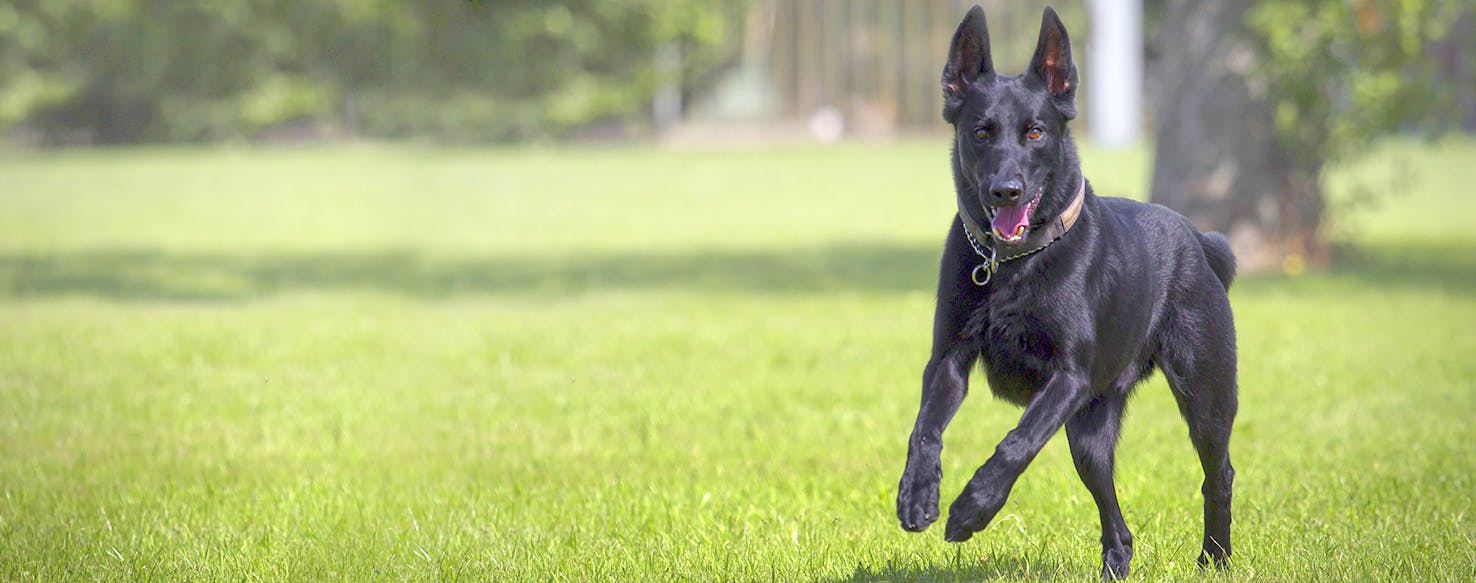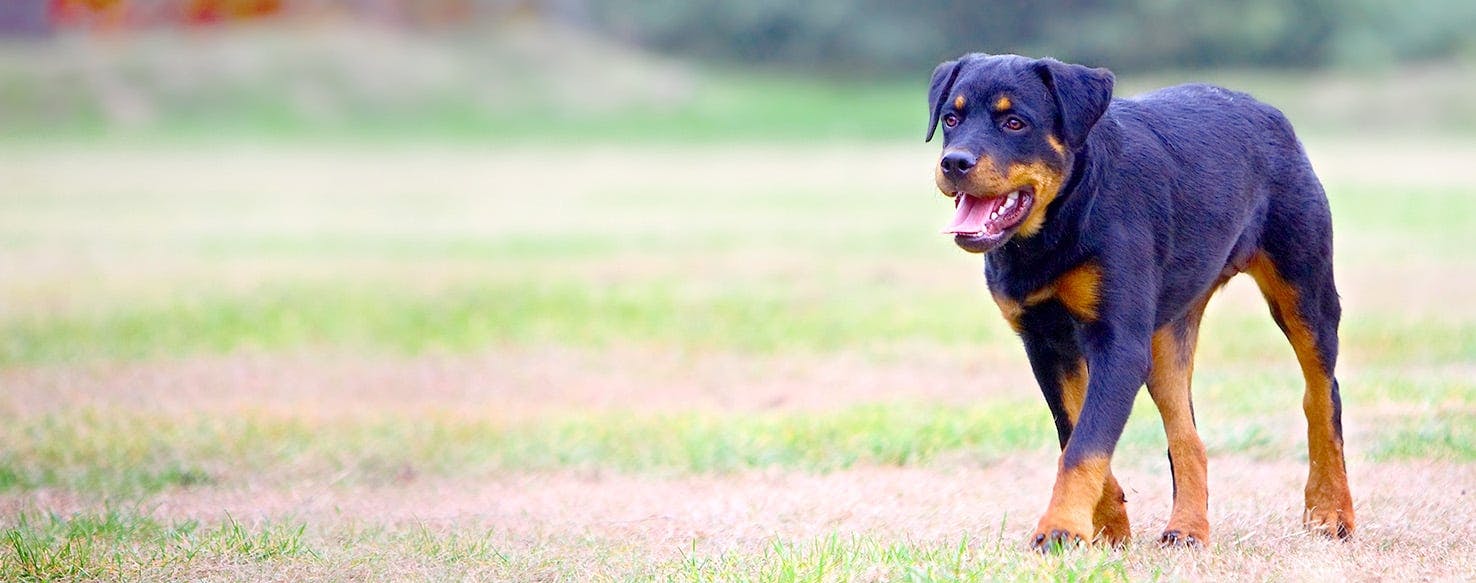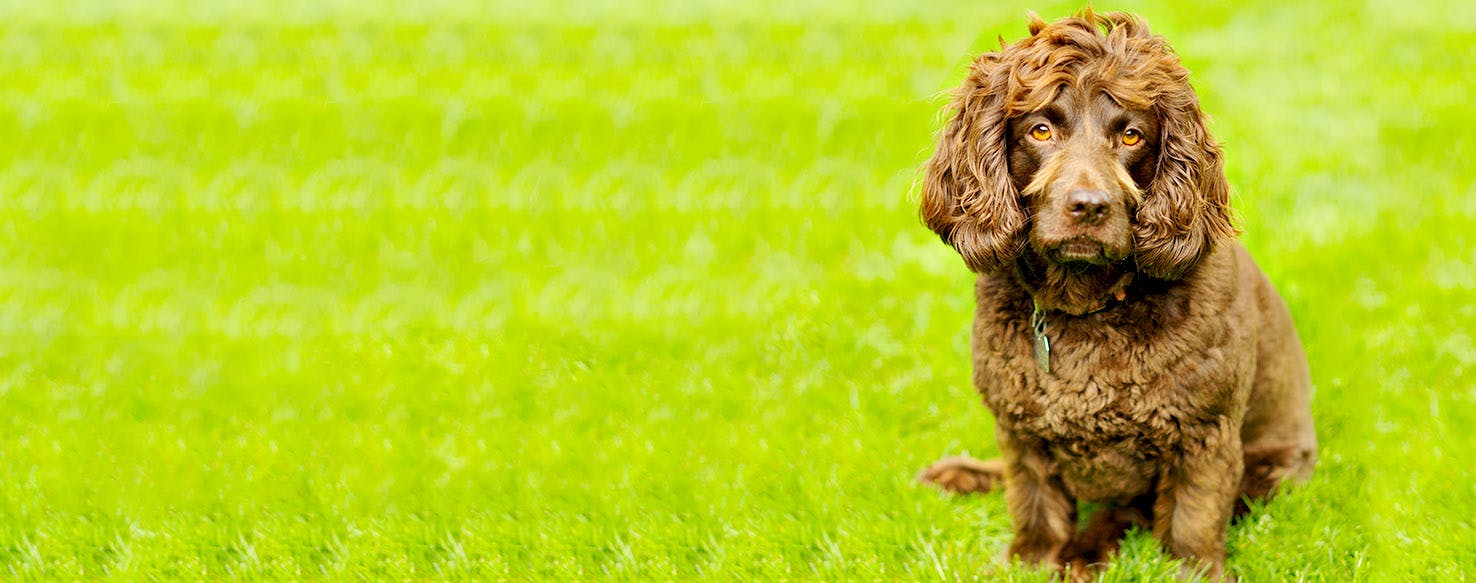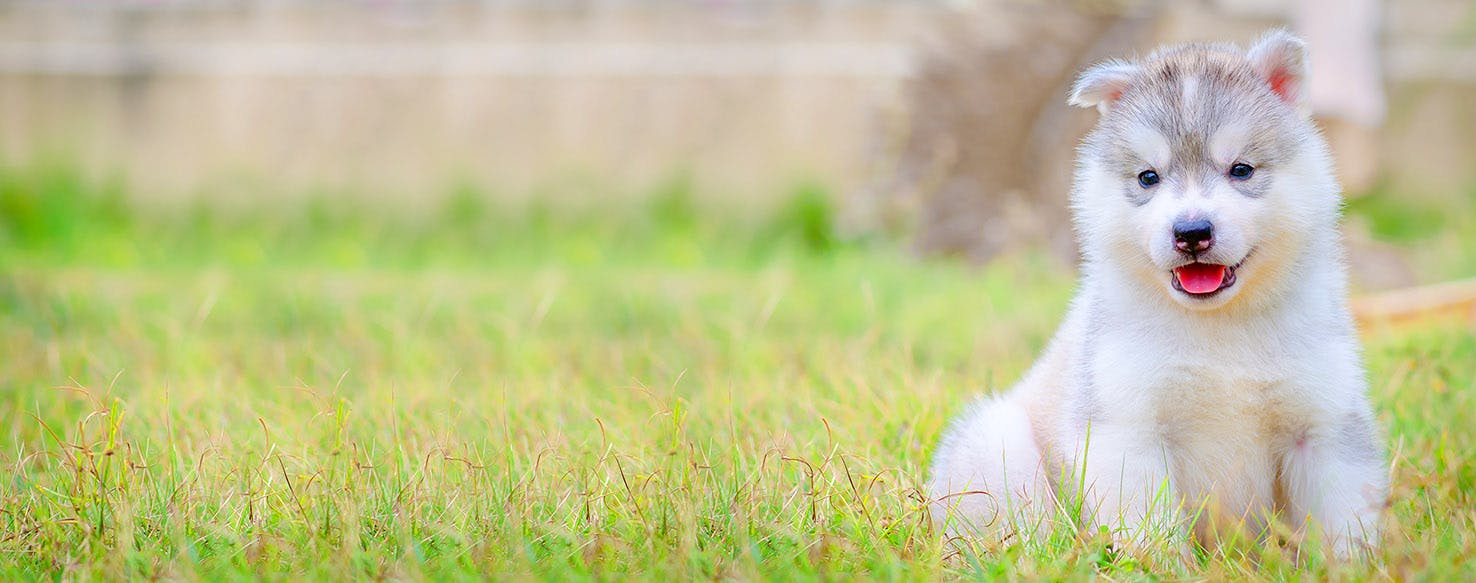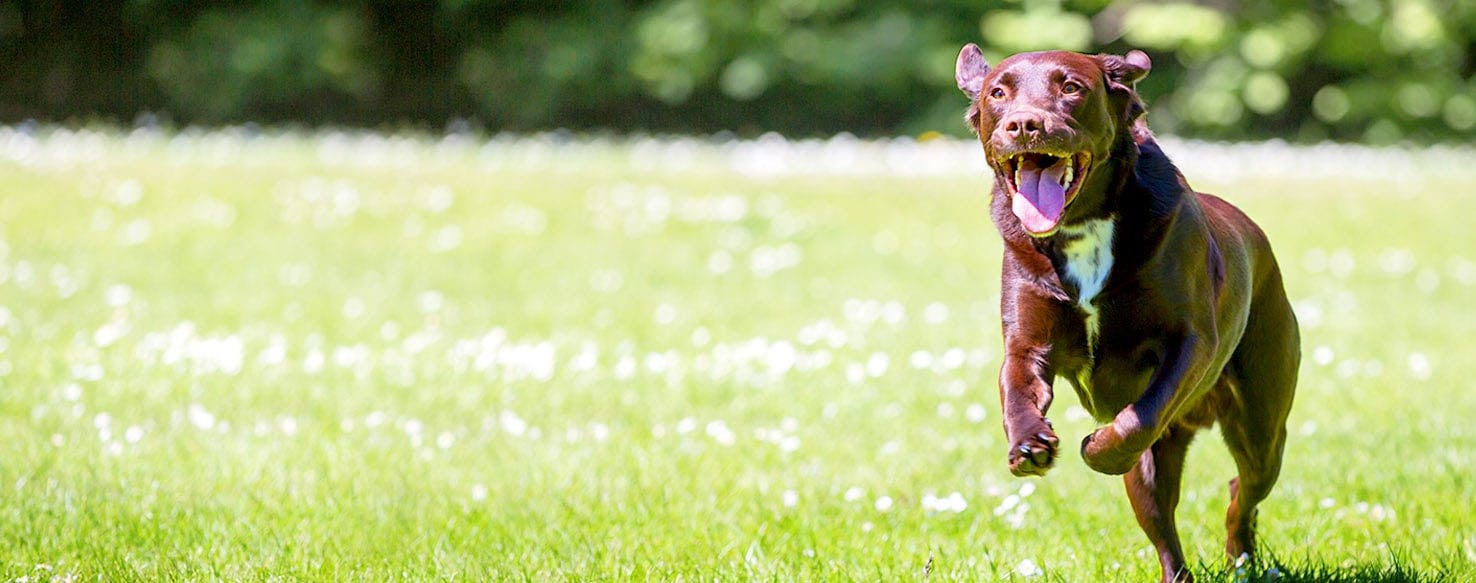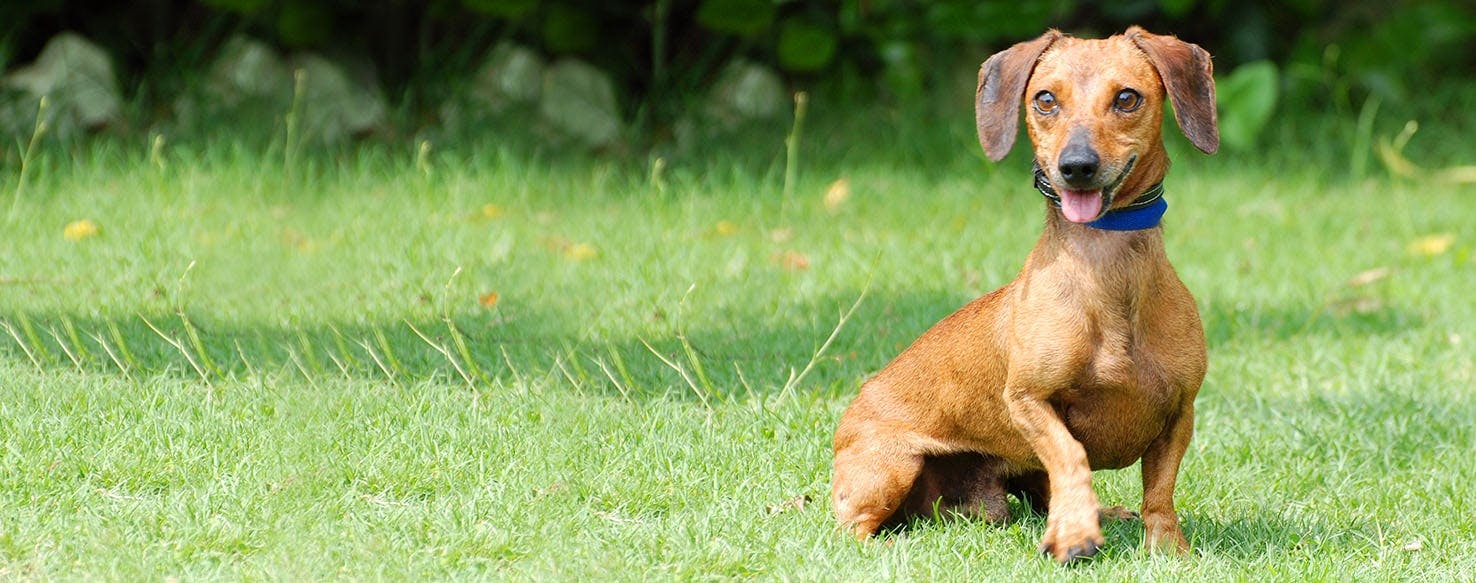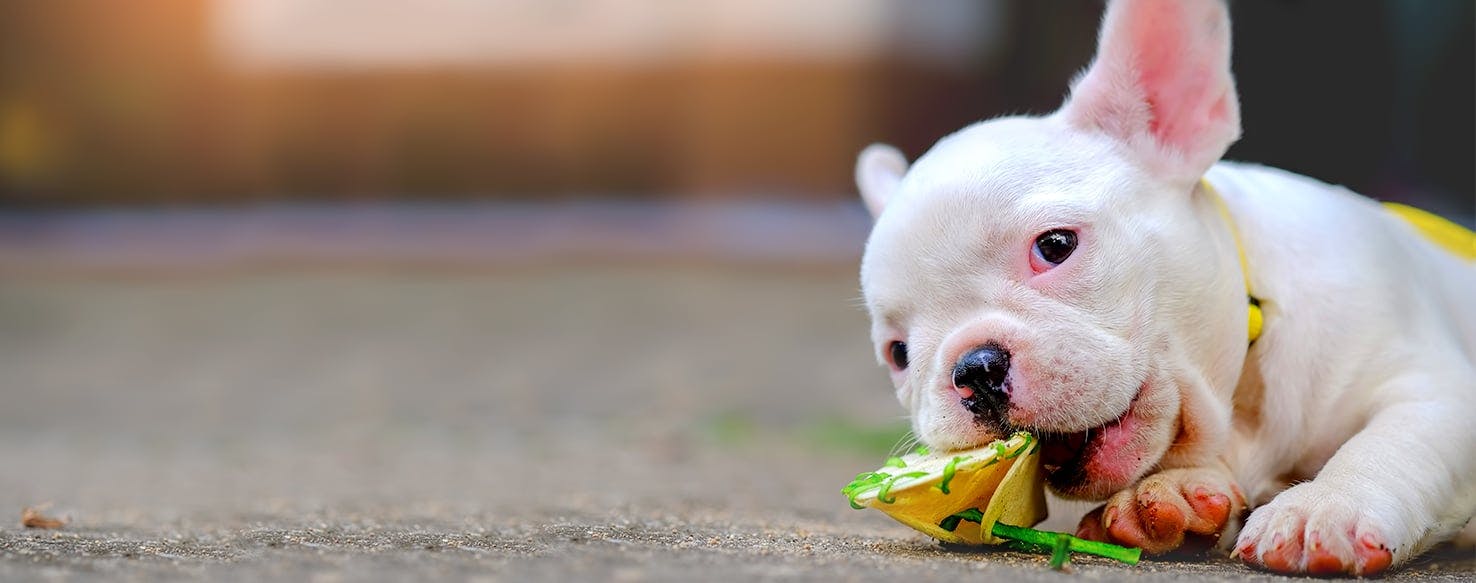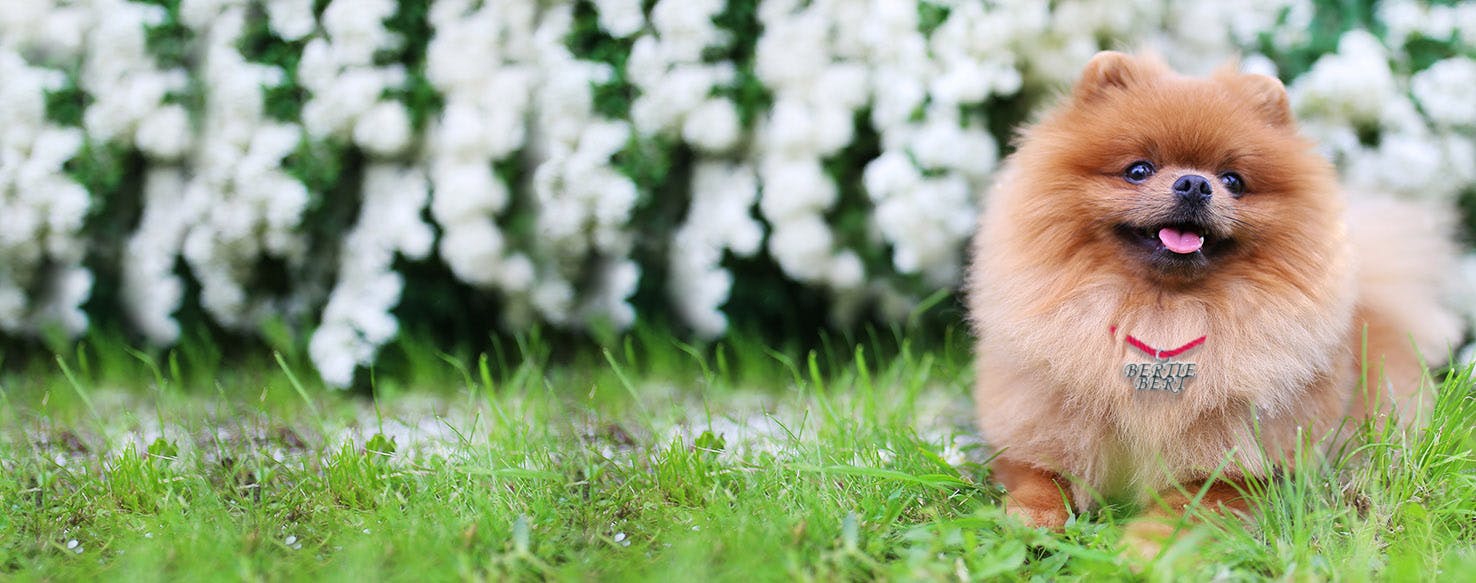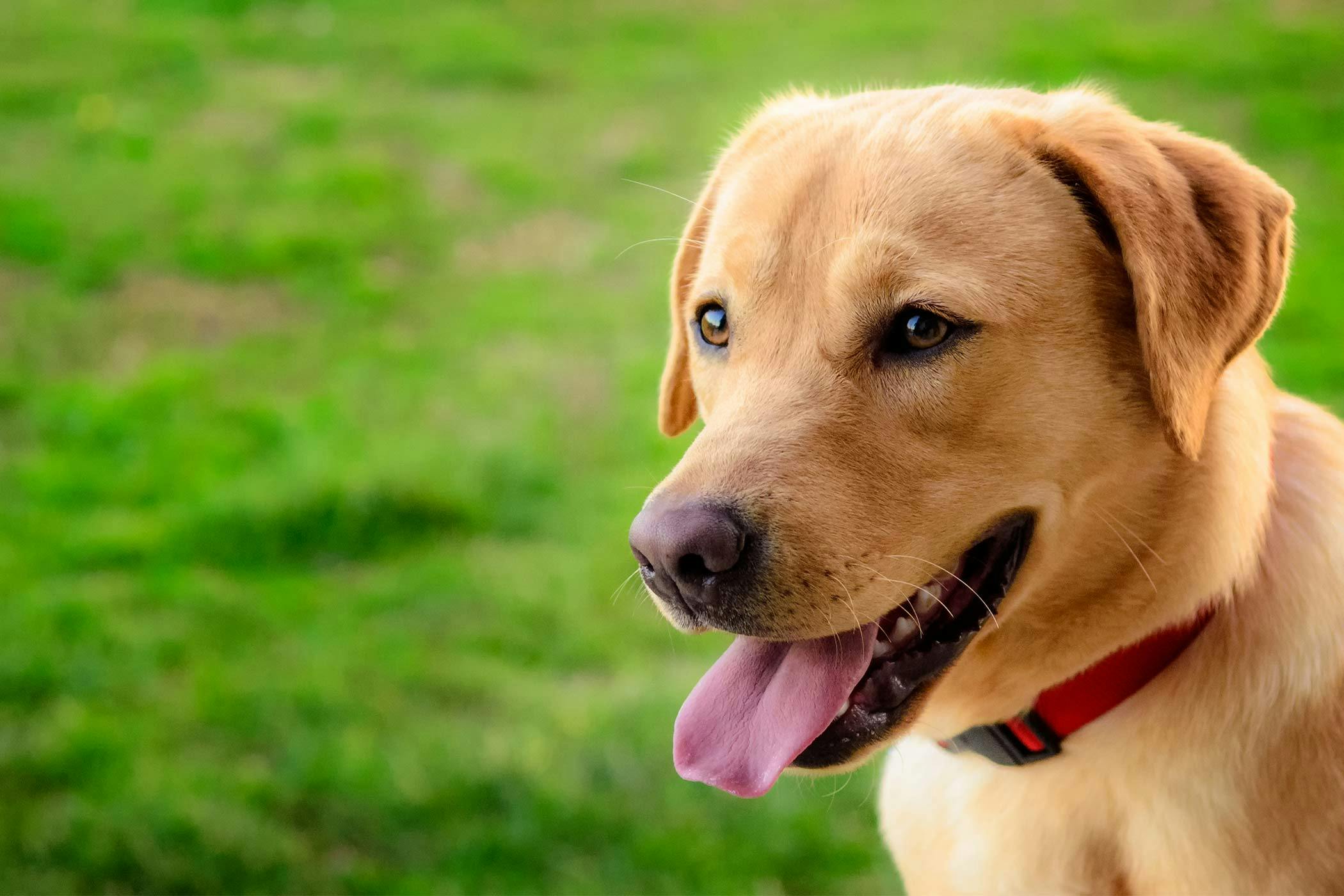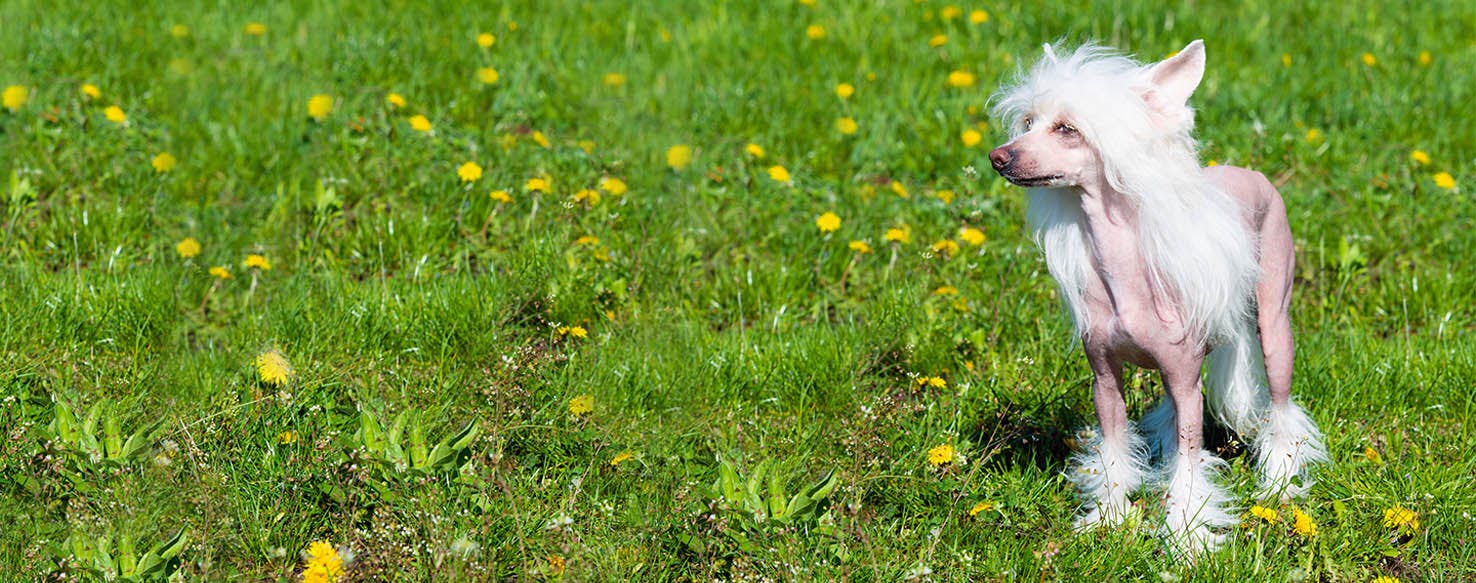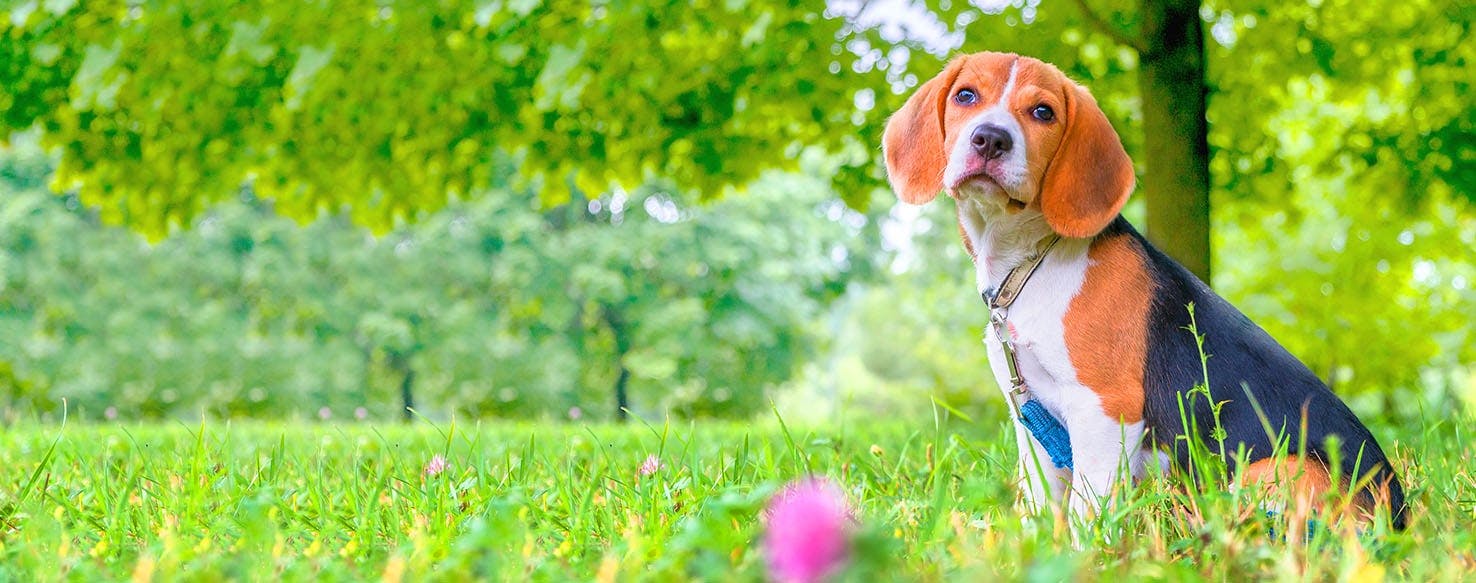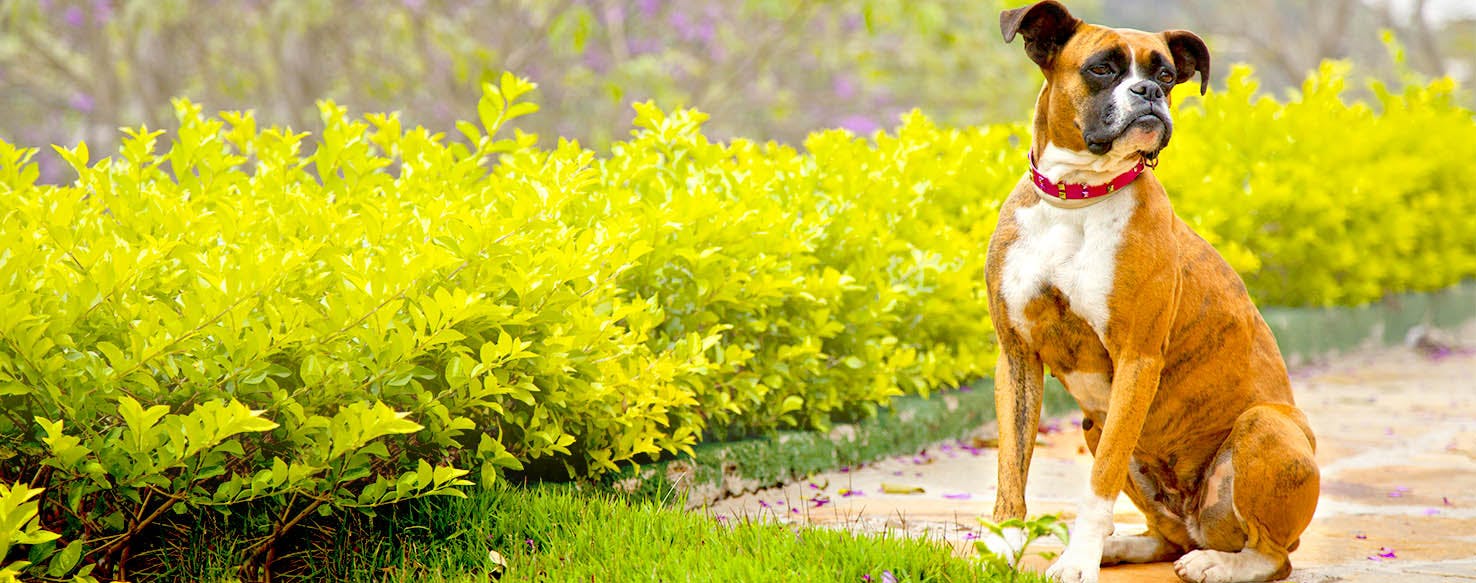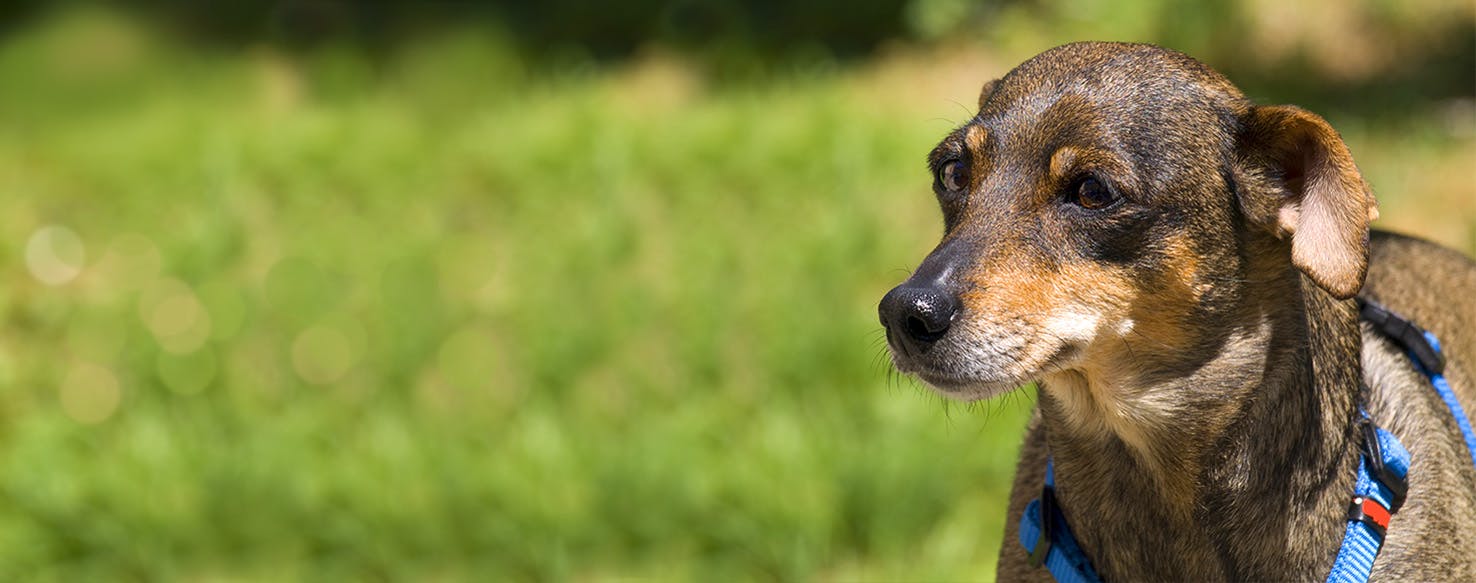Introduction
The term "Polynesian Mythology" refers to the ancient religious and cultural beliefs held by the various groups of people who live on the islands that are scattered around the Central and South Pacific Oceans. Thanks to the likes of Disney's Moana, more people have been exposed to some of the characters and concepts that are related to Polynesian Mythology, but it still isn't as well known as the likes of Greek or Norse Mythology. Nevertheless, the stories of heroism, gods, monsters, and the creation of the world that permeate throughout Polynesian Mythology are just as culturally significant as any other collection of cultural narratives.
Polynesian Mythology Dog Names In Pop Culture
Some background information is needed to full understand the gravity of Irawaru's plight. First and foremost, Irawaru wasn't born a dog; just as we had mentioned earlier, Irawaru was initially a man and Maui's brother in law by way of his marriage to Maui's sister, Hina. We also mentioned that Irawaru was turned into a dog against his will. However, what we neglected to mention earlier is just exactly who transformed Irawaru in the first place or why, for that matter. The answers to those questions are quite chilling indeed; it was non other than the demigod Maui himself who transmogrified his own brother in law and though the exact reason why Maui did such a thing isn't entirely clear, what is certain is the fact that the Polynesian hero didn't commit the heinous act for any discernible altruistic reasons.
Some legends state that Maui transformed Irawaru into the first dog because the latter had offended the former; in this light, Irawaru's transformation can be seen as a caution to those individuals who lacked respect for the gods, blaspheming against them on a casual basis and committing sacrilegious acts without a second thought. Another account of this ancient tale suggests that Irawaru was transformed after Maui learned of his brother in law's malicious intentions towards his sister; from this perspective of the legend, Irawaru's affliction can be seen as a means of suggesting that nothing good will come to those who scheme and plot heinous crimes against others. No matter the reason, Maui goes on to take pity on Irawaru and helps him come into his own as a dog, Irawaru then goes on to sire a number of children, placing him as the progenitor of all Polynesian dogs.
Polynesian Mythology Dog Name Considerations
As such, we recommend you consider giving your dog a name that's based off of a character from Polynesian Mythology as way of giving your pet a name steeped in culture and tradition. You'll have no problem finding a number of dogs, gods, and monsters that who had a massive impact on Polynesian culture, so choose wisely; if you feel that your dog exhibits heroic tendencies, consider naming him after Māui himself or if you own a female dog try Hina, after Māui's sister.
Male Polynesian Mythology Dog Names
| Votes | Name | Vote |
|---|---|---|
| 1 |
Maui
The chief hero of Polynesian lore
|
|
| 1 |
Kanaloa
A squid deity from ancient Hawaiian myth
|
|
| 0 |
Irawaru
Maui's former brother in law and the first dog
|
|
| 0 |
Ti'iti'i
Mai's Samoan counterpart
|
|
| 0 |
Halevao
The god of the "Peka" or flying foxes
|
|
| 0 |
Tāwhirimātea
One of Maui's ancestors
|
|
| 0 |
Tāwhiri
A shorter name for Tāwhirimātea
|
|
| 0 |
Tangaroa
A Maori great god of the sea
|
|
| 0 |
Takaroa
Another name for Tangaroa
|
|
| 0 |
Rongo
The god of cultivated food and Tangaroa's brother
|
|
| 0 |
Tūmatauenga
A god of war and hunting
|
|
| 0 |
Tu
Tūmatauenga's shorter name
|
|
| 0 |
Haumia-tiketike
The Maori god of the wild
|
|
| 0 |
Haumia
Haumia-tiketike's abbreviated name
|
|
| 0 |
Tāne
The Maori god of forests and birds
|
|
| 0 |
Tāne Mahuta
A longer version of Tane's name
|
|
| 0 |
Tāne nui a Rangi
Another, even longer name for Tane
|
|
| 0 |
Rangi
The Sky Father of Polynesian culture
|
|
| 0 |
Ranginui
Another name for Rangi
|
|
| 0 |
Raki
Rangi's name in many South Island legends
|
|
| 0 |
Rakinui
Another South Island name for Rangi
|
|
| 0 |
Tagaloa
A Samoan name for Tangaroa
|
|
| 0 |
Raka Maomao
The Polynesian god of the wind
|
|
| 0 |
Raka
A simplified version of Raka Maomao's name
|
|
| 0 |
Huanaki
A major god in Niuean mythology
|
|
| 0 |
'Oro
Another major god in Polynesian culture
|
|
| 0 |
Tihatala
Another major god of the Polynesian islands
|
|
| 0 |
Tui Tokelau
A prominent god to the Tokelau peoples
|
|
| 0 |
Kaha'i
Another well known and beloved Polynesian demigod
|
|
| 0 |
Tafaki
Another name for Kaha'i
|
Female Polynesian Mythology Dog Names
| Votes | Name | Vote |
|---|---|---|
| 0 |
Hina
A name that belongs to many Polynesian females, one of them being Maui's sister
|
|
| 0 |
Hine
An alternative for Hina
|
|
| 0 |
Sina
The Eastern Polynesian version of Hina's name
|
|
| 0 |
Arohirohi
The goddess of mirages and illusions
|
|
| 0 |
Atanua
The goddess of the dawn
|
|
| 0 |
Atanea
Another name for the goddess of the dawn
|
|
| 0 |
Atea
A goddess who is said to have changed genders
|
|
| 0 |
Hine-nui-te-po
The Maori goddess of darkness
|
|
| 0 |
Ivi
The Earth mother of Tahiti
|
|
| 0 |
Kobine
A goddess said to have created the heavens and the Earth with her dad
|
|
| 0 |
Marama
The Maori goddess of the moon
|
|
| 0 |
Pani
The Maori goddess of vegetation
|
|
| 0 |
Rohe
Maui's wife and the sister of the sun
|
|
| 0 |
Ro'e
Rohe's name in Mangaia
|
|
| 0 |
Nafanua
A warrior princess from Samoa
|
|
| 0 |
Tilafaiga
Nafanua's mother
|
|
| 0 |
Hokohoko
A Niuean goddess with a quirky name
|
|
| 0 |
Taema
A female who appears in various Samoan legends
|
|
| 0 |
Miru
A Polynesian goddess of the Cook Islands
|
|
| 0 |
Merau
A Polynesian goddess of death and the underworld
|
|
| 0 |
Ira
A goddess of the sky and the stars
|
|
| 0 |
Mahu-ika
Mahuika's name in the Tuamotu archipelago
|
|
| 0 |
Mafuike
Another name for Mahuika
|
|
| 0 |
Mahui'e
Another alternative name for Mahuika
|
|
| 0 |
Mahuike
Another name for the Polynesian goddess of fire
|
|
| 0 |
Mafui'e
Another Polynesian goddess similar to Mahuika
|
|
| 0 |
Mahuika
The Maori goddess of fire
|
|
| 0 |
Faumea
The Polynesian goddess of the ocean
|
|
| 0 |
Leinani
A name that means "beautiful child"
|
|
| 0 |
Moana
A name that means "sea" in Polynesian culture
|
